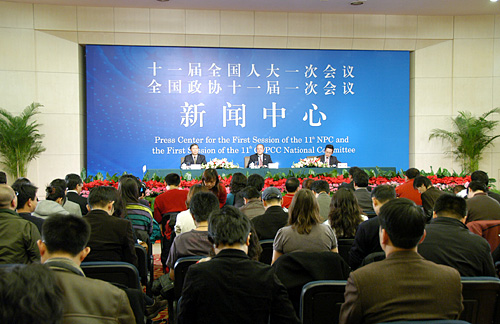
The ensuing investigation by both sides turned out to be prolonged and has so far been inconclusive. Some worry that the two countries' differences over the incident may cast a shadow on bilateral relations, affecting the planned visit of President Hu in particular.
The AQSIQ has taken notice of the latest report that pesticide contamination was found on the packages of another 39 packs of dumplings in Hyogo, Japan, said Li.
"I personally believe that this new discovery will have a positive impact on the in-depth investigation on the 'dumpling poisoning' case," he said, adding that "the Chinese police have asked their Japanese counterparts to provide more relevant information."
"I hope people of both countries could hear a responsible answer as early as possible," he said.
According to the AQSIQ, China is now an important food exporter to Japan, supplying 59 percent of Japan's vegetable imports and half of the frozen food imported by the latter.
The Japanese people don't have to worry about the safety of food imports from China, said the AQSIQ chief. "From 2004 to 2007, China's food exports to Japan scored extremely high quality check passing rates, at 99.4, 99.56, 99.42 and 99.81 percent respectively."
He said some news media had failed to report on the Chinese food issue in an objective, unbiased and truth-seeking manner, fueling public worries in Japan.
"I hope the Japanese people could make judgment by their own experience and don't let some inaccurate media reports affect their decisions on consumption," he urged.


A journalist from Xinhua News Agency is asking questions.
(Xinhua News Agency March 13, 2008)